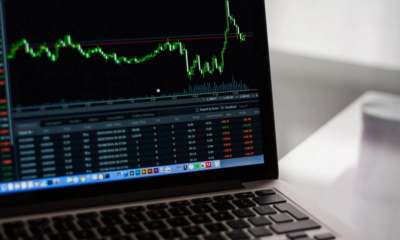Financial Markets
Factors That Make Up the Financial Market

A financial market is an interrelated market where individuals trade derivatives and financial securities at low exchange prices. Some of these financial instruments are bonds and stocks, currencies and metals, that are calling derivatives in the financial market. A derivative is an agreement or contract between two or more parties that results in an asset or liability being increased in value while the agreed upon payment or delivery of cash remains constant. Dividends, interest and other payments are commonly included in derivative transactions.
The derivatives that are traded in the financial market are generally classified according to how they will affect the total value of the investment. For instance, bonds and stocks generally have to be valued with regards to their risk-adjusted values. This basically means that the returns made on the investments are primarily based on how well the company is doing in order to ensure that the principal amount received from the sale of the derivative is equal to or more than, the principal amount paid for the stock or bond. Therefore, if the company is doing well, the profit will be higher; and if it\’s doing poorly, the loss will outweigh the profit.
In addition to financial markets there are also other types of markets that are traded in the real estate and the Savings Account. With savings accounts, most investors only care about the interest earned. However, when it comes to the exchange market, a more sophisticated aspect is needed to evaluate the performance. This is done through the spread between the spot price and the implied volatility, or rate of return. The difference between the two factors, in order to determine whether the investors will gain or lose money, is represented by the Spread.
Most financial markets also incorporate the Money Market. The Money Market is usually created by the Federal Reserve Bank to help banks that do not qualify for participation in the Discount Window due to insufficient credit. This is to assist these banks by providing them the ability to purchase Federal Reserve Notes, government bonds, and certificates of deposit. Because of their creditworthiness, these financial markets are considered as a very liquid investment vehicle.
Other financial assets like futures, forward contracts, foreign exchange, and bond issues are also traded in the Financial Market. Futures, in particular, represent items that will be produced or consumed in the future. Forward contracts, on the other hand, allow one to buy commodities or securities that will be delivered or stored for a longer period of time. The Foreign Exchange Service (FX) is perhaps the most popular financial market because of its ease of use. The main goal of the FX is to allow people to trade currencies from various countries.
It is important for investors to understand how all of these factors are affecting the commodity prices. By learning about the interplay of economic factors and the fluctuating prices of commodities, it becomes easier for the investor to decide which economic indicators will affect the price movements of the commodity prices. To sum up, there are many factors that make up the financial markets.























